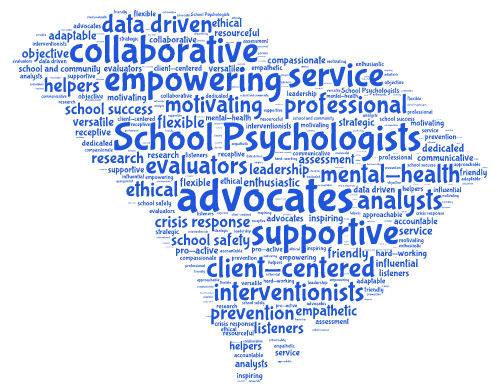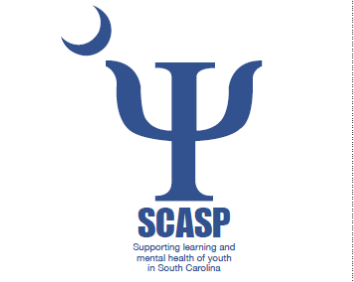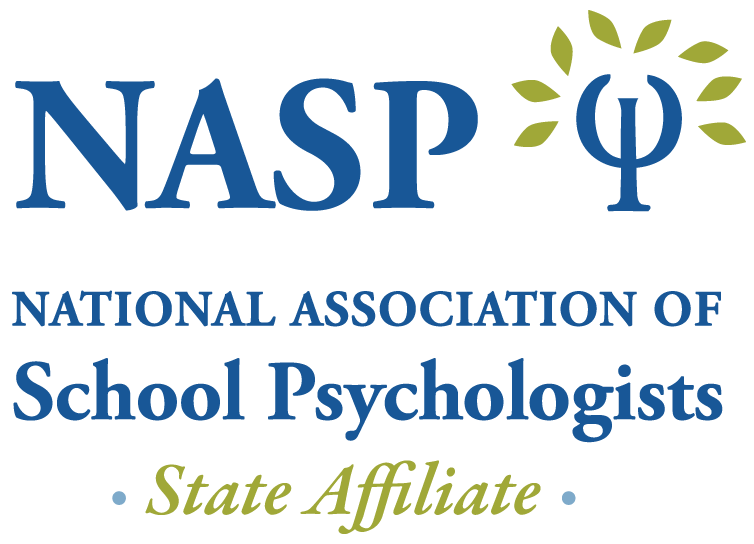SCASP's Mission:
The South Carolina Association of School Psychologists is a membership organization that empowers school psychologists to support the learning and mental health of youth in South Carolina.
Upcoming events
-
15 Oct 2025 7:30 AM • Carter Center for Health Sciences, Francis Marion University
| Looking for a job in South Carolina? Want to post a vacancy? Check out our recently updated Employment Opportunities page for a link to our new job board. |
Become a Member of SCASP
As a member, you will:
- Support better student outcomes by advocating for improved social/emotional, mental health, and academic interventions through collaborative interactions with the state legislature, the South Carolina Department of Education, and other professional organizations.
- Join fellow school psychologists across South Carolina in a statewide network to exchange ideas, share concerns, and collaborate on solutions - see our Member Resources page for handouts, briefs, and online learning opportunities.
- Qualify for reduced rates at SCASP sponsored workshops and SCASP's professional development conferences featuring nationally recognized speakers.
- Receive SCASP's newsletter and stay current on school psychology related news in South Carolina.
Click Here to sign up for a SCASP Membership!

